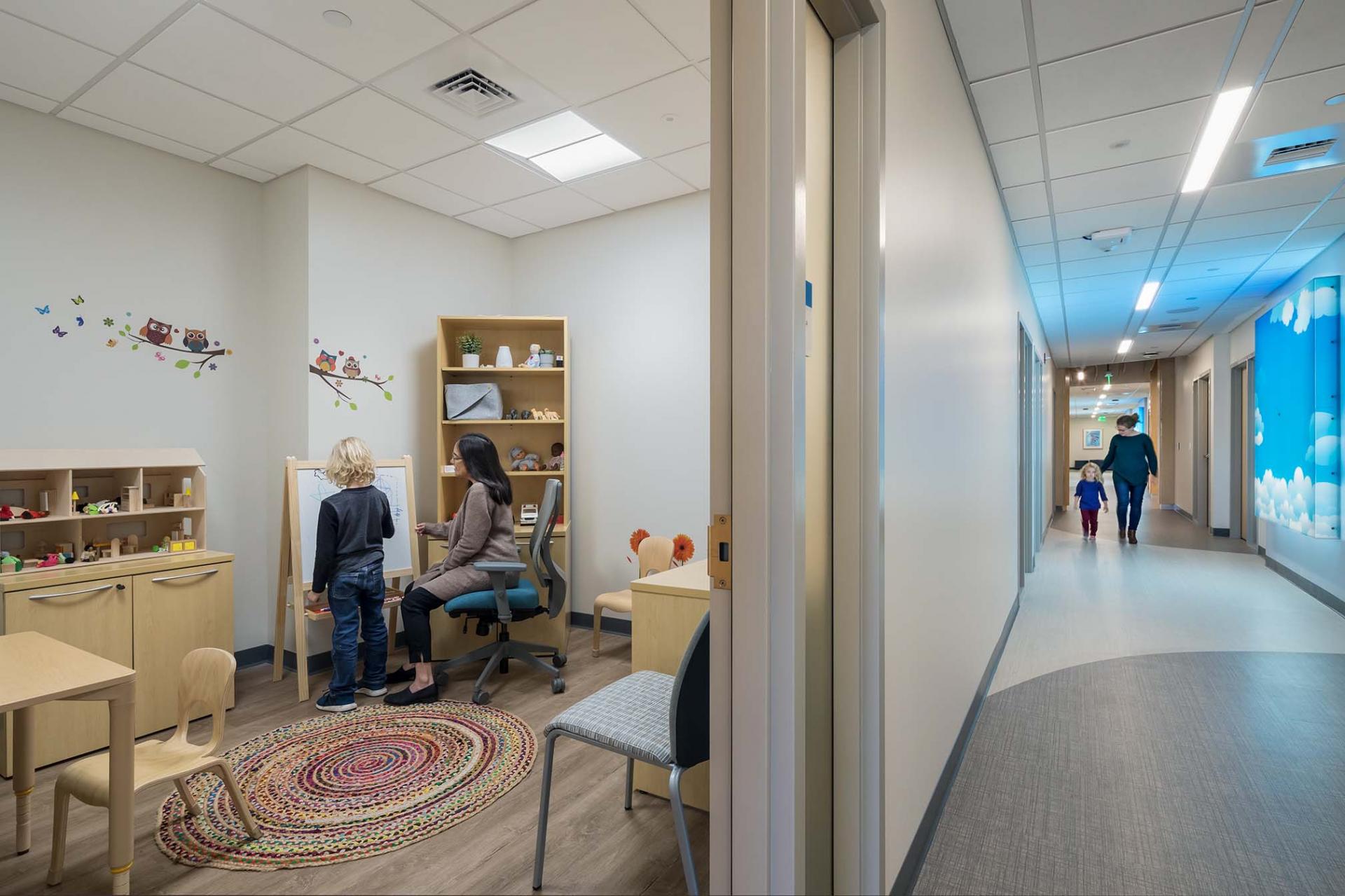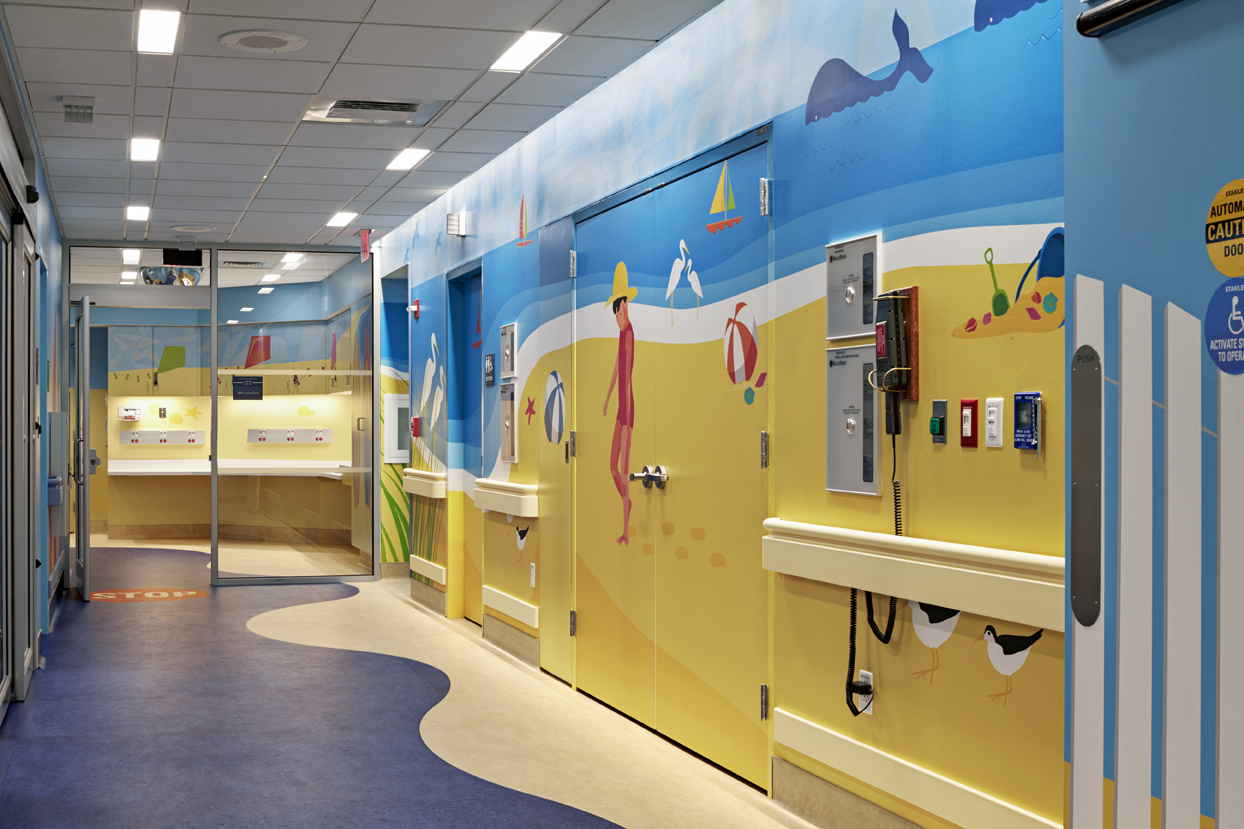

When kids are severely anxious, they may need medication along with SPACE to change their behavior. It is especially helpful for younger kids, whose parents tend to do more accommodating. It can be used for all anxiety disorders as well as OCD. In studies, SPACE has been shown to be as effective as therapy in which the clinician works directly with the kids. When kids practice coping with anxiety, they get better at it, their confidence grows, and their anxiety fades. Parents gradually reduce the accommodations they have been doing for their kids, and express confidence that the child is strong enough to tolerate uncomfortable feelings.

In SPACE, parents are trained instead to assure children that even though the fear is uncomfortable, they can handle it. Accommodations help kids feel better temporarily, but the lesson they learn is that they need parents to protect them, and their anxiety gets worse. Experts call things parents do to rescue kids from their fears “accommodations.” If a child is afraid of dogs, the parent agrees to walk down the other side of the street to avoid a dog. It’s natural for kids to turn to parents when they are anxious, and for parents to protect them from the things that upset them. It works by changing the way parents respond to anxious behaviors in children, such as asking parents to stay with them until they fall asleep, or avoiding places and things that they are afraid of. It’s called SPACE (Supportive Parenting for Anxious Childhood Emotions). This study is the first published paper coming out of Yale’s new Canine Cognition Center, which is still seeking dogs to participate in ongoing research.For children who are anxious, there is a surprising new form of therapy in which the therapist works only with the parents. “Although the tendency to copy irrelevant actions may seem silly at first, it becomes less silly when you consider all the important, but seemingly irrelevant, actions that children are successfully able to learn, such as washing their hands and brushing their teeth.” “One reason we’re so excited about these results is that they highlight a unique aspect of human learning,” said Johnston. In fact, the researchers found that dogs were just as likely to stop using the lever as undomesticated canines, wild Australian dingoes.
#YALE CHILD STUDY CENTER DOGS HOW TO#
Once dogs learned how to open the box, they stopped using the irrelevant lever. However, just as in the previous experiment with children, when researchers showed dogs how to use the box, they first demonstrated a lever on the side of the box before lifting the lid to get the treat. Together with Yale’s Paul Holden, Johnston and Santos designed a dog-friendly puzzle box in which the only relevant action for getting the treat was lifting a lid on top of the box. “Dogs are surprisingly human-like in their ability to learn from social cues, such as pointing, so we were surprised to find that dogs ignored the human demonstrator and learned how to solve the puzzle on their own.” “Although dogs are highly social animals, they draw the line at copying irrelevant actions,” said Angie Johnston, Yale Ph.D.

The new study shows that dogs will leave out irrelevant actions when there is a more efficient way to solve a problem, even when a human repeatedly demonstrates these actions. Although the lever was completely irrelevant for solving the puzzle, children repeatedly performed both actions, even when they were in a race to solve the puzzle as quickly as possible. Frank Keil and colleagues, children watched a demonstrator solve a puzzle by first moving a lever and then lifting a lid to pull out a prize. “Children tend to copy all of a teacher’s actions, regardless of whether they are necessary or not.”įor instance, in one study previously conducted at Yale by Dr. “Humans often fall prey to the bad advice of others” said Laurie Santos, director of the Canine Cognition Center at Yale and senior author on this study. In contrast to children, dogs only copy a human’s actions if they are absolutely necessary for solving the task at hand, according to a recently published study appearing in the journal Developmental Science. Laurie Santos, professor of psychology, found that, in contrast to children, dogs only copy a human’s actions if they are absolutely necessary for solving the task at hand.ĭogs are less likely to follow bad advice than children, according to a new study conducted at the Canine Cognition Center at Yale. Dogs are less likely to follow bad advice than children, according to a new study conducted at the Canine Cognition Center at Yale.


 0 kommentar(er)
0 kommentar(er)
